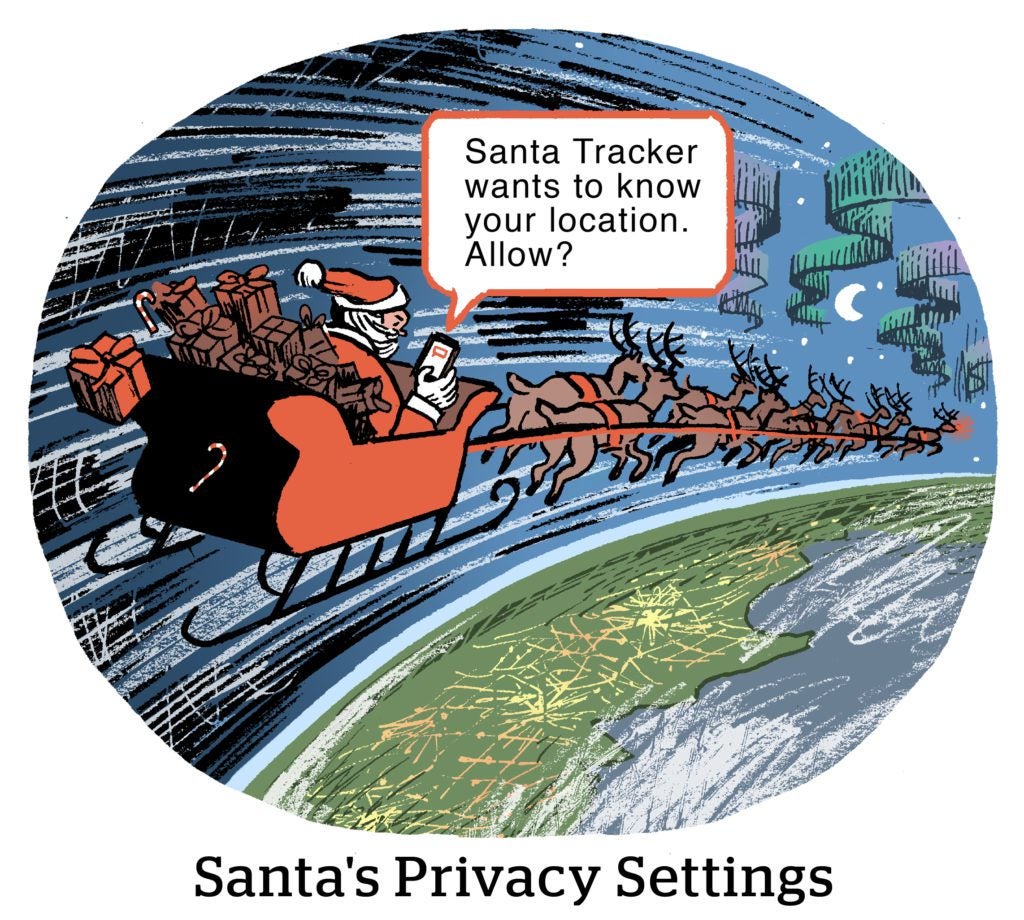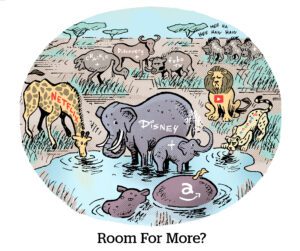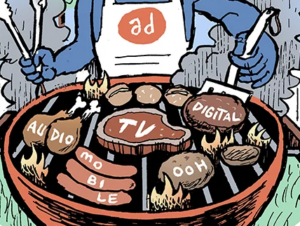Here’s today’s AdExchanger.com news round-up… Want it by email? Sign up here.
I FTC What You’re Up To
The FTC has earned a reputation for aggressive enforcement. But its strongest ire is reserved for location data brokers.
Last Friday, the FTC finalized an order forbidding Outlogic, formerly X-mode, from sharing or selling location data that might be tied to a sensitive location, such as medical facilities, reproductive clinics or places of worship. Outlogic must “create a program to ensure it develops and maintains a comprehensive list of sensitive locations,” according to the agency.
In January, the location data seller InMarket settled with the FTC by agreeing to no longer sell or license any precise location data. In that announcement, the FTC also leaned into the sensitive location aspect, referencing InMarket’s location-based audience segments like “Christian church goers” and “wealthy and not healthy.”
Kochava will also face the FTC in court this year, regarding alleged sales of location data tied to sensitive locations.
The urgency to establish precedent for “sensitive locations” and non-identifiable location data comes back to states outlawing abortion. In Texas, for instance, a bounty on convictions means citizens could use commercial location data to identify people who are traveling out of state for an abortion or helping someone else do so, and have them arrested.
Snap Decision
Publishers can’t seem to catch a break.
In the past year, Facebook, Instagram and X have all distanced themselves from news content, drying up the rivers of social traffic many publishers were accustomed to. Now, unexplained changes at Snapchat have publishers feeling shook about their chances there, too, Digiday reports.
For instance, publishers can no longer identify their best-performing markets on Snapchat because their revenue isn’t broken out by geography. Snapchat also took away its Comscore integration this year, which impedes the ability to size up publisher audiences.
Another change has been gradual: Publisher distribution has been shunted aside in favor of creator content.
In the past, Snap boosted publishers that post on its news feed. These days, publishers are being pushed toward Spotlight, Snap’s TikTok copycat. But short-form videos aren’t a forte for many news publishers.
Still, publishers stick with Snap because of its audience reach, especially among younger users. Even if that means dealing with a bunch of unanswered questions.
“I don’t think it’s that they’re being more secretive,” one anonymous publisher says. “I think it’s more the case that they don’t have the answers.”
The Chase Is On
Chase Bank launched an advertising data business last week, and its approach will be closely followed by ad tech.
On the one hand, Chase is hardly even selling ads. Uber, Macy’s, DoorDash, Home Depot and countless other examples of new purchase-based retail media businesses have ads on their sites and apps, audience extensions, out-of-home networks and all sorts of other inventory.
Chase can promote certain retailers or merchants within its app, but not IAB standard ad units. People click the offer, and Chase redeems it when it sees the order in the account.
Chase is late and slow-rolling its media business, but in a way it has the greatest opportunity, per Eric Seufert at Mobile Dev Memo.
Other big-name retail networks like Macy’s, Uber, Instacart or Home Depot are bound by their category and use cases. Chase, on the other hand, can apply its services to practically any marketer.
As companies like Macy’s, Albertson’s and Best Buy enter the retail media arena, especially since they allow advertising IDs to be used by third-party ad tech, other cautious players (such as Chase Bank) will work up the nerve to follow suit.
But Wait, There’s More!
Criteo lays off up to 4% of its staff. [Business Insider]
Adobe’s ‘ethical’ generative AI product Firefly used images from Midjourney for training. [Bloomberg]
Paramount is folding Showtime’s standalone streaming service into Paramount+. [Variety]
Apple loses bid to throw out UK lawsuit over App Store fees. [Reuters]
Fubo gets support from Dish, DirecTV executives in sports-focused antitrust case. [The Desk]
Google blocks some California news as fight over online journalism bill escalates. [Politico]
You’re Hired!
Amazon Ads hires former Comcast NBCUniversal exec Krishan Bhatia as VP of global video strategy. [Adweek]
















